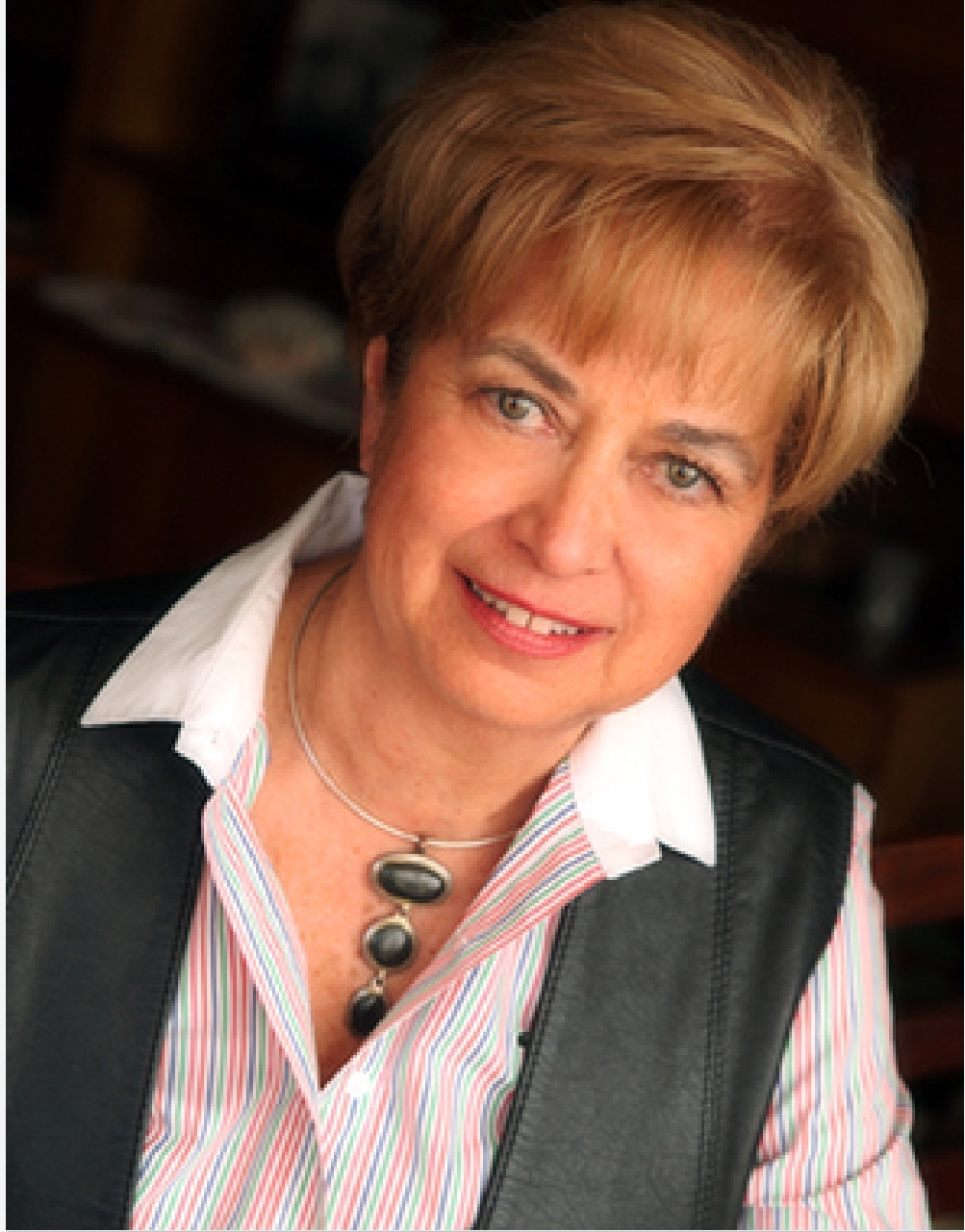By Marianela Cartagena*
Albert Einstein wrote: “In crisis times the imagination is above knowledge”1. As creativity requires dedication, skills, methodology and self-confidence2. In the case of resourcefulness, we have to add other behavior´s skills like frustration tolerance, perseverance, flexibility, being proactive, assertiveness, persuasion, credibility, compromise, enthusiasm, and a plus of some omnipresent virtues like wisdom and knowledge, courage and temperance.
The resourceful leader receives nourishment of creative teams that brings to a kind of investigation/action, to combine ideas in an instant manner, in a chaos moment and to make precise decisions, to get successful of that moment or other situations in the future. Creativity and resourcefulness have in common that both breaks the pattern that: rules the brain activity of each person; combine concepts; mix things apparently different, but on the base have a guideline that connect them and develop habits of neuroplasticity that allow them to create new neuronal connections.
Worldwide there are plenty examples of crew members’ behavior on board during emergencies. And now I transcribe an experience in a flight of captain Mr. Marcelo Canobra –pilot of airline transportation of Lan Chile- that he gently sent me some days ago.
Flight to Miami – June 22nd, 1987
The aircraft’s captain, Mr. Marcelo Canobra Álvarez, comments: “We went to the International Airport of Miami in an itinerary and routine flight from Santiago of Chile in a modern and last generation airplane Boing 767, with 200 passengers, 8 cabin crew members and 3 cockpit pilot. I was flying with the co-pilot Leonardo Siña, in the position as first officer, co-pilot René Dominguez, who was sitting in the observant seat and me as the captain sitting in the left side. The flight was planned to last 08:10 hours, with very good weather conditions.
One year before the flight, the pilots had been trained satisfactorily at the Boeing factory in Seattle, State of Washington, according to all training protocols approved by the Federal Aviation Administration of the United States (FAA), the airplane manufacturer, and the industry standards. That is, they have been trained for their specific work during a flight and also to confront an emergency on board and on the ground, in all possible scenarios.
One month before the flight the captain Marcelo Canobra, as Vitacura Rotary Club member of Santiago of Chile, attended a social work event in a school in Lo Barnechea, where children with different mental disabilities receive special education. In that occasion, he noted that the teachers treat children a bit harshly. When he asked the teachers, they indicated that this is the only way, because their mind is busy with something else and they do not listen. Therefore, in order to get their attention and obedience, thay had to talk to them loudly and briefly.
At that time the security measures about cockpit entry were very precarious. The doors were not armored, they had a little latch and there was no entry procedure. About three hours after the takeoff and being next to Lima, we wanted to ask for our dinner to the cabin crew when suddenly a passenger burst in the pilot cabin saying: “We have to go back to Santiago, I have to see my daughters”. Immediately I started a dialogue with the passenger in order to dissuade him. I noted that he did not listen or did not understand my arguments, although I repeated tham many times: “We do not have fuel to go back. It is impossible to attend to your request. Go back from Miami tomorrow”. I saw that there was no respond to my request and because the passenger was out of control, I remembered the teachers’ instructions at that special school of Lo Barnechea, giving loudly and briefly orders. So standing up I told him: “Now get out, get out!” Immediately he went back and got out of the cockpit. After shutting the door right away and a long relief sigh, I investigated what happened, facing the surprise of my colleagues, who did not believe what I had done: almost kicking him oot yelling at him.
Lan Chile control tower got the information of what happened and after an investigation we knew that the disruptive passenger had Spanish nationality and that he was deported from Chile due his aggressiveness. He was coming from Spain looking for his ex-partner and their daughters, but he violently had broken the furniture of the house and once the police arrived, he attacked them, so they decided to deport him in a flight to Madrid via Miami. This information was not reported to the captain, instead the police entrusted this passenger to a cabin crew member.
The flight to Miami continued with the cockpit door closed and without food for the crew in charge. We reported to American authorities and landed at Miami airport. The passengers remained seated while the authorities tried to disembark the aggressive passenger from the airplane, who attacked two officers with karate techniques. Finally, he was subdued with the help of other officers and transferred to a transit room, forbidding him the entry to the United States.
CONCLUSION: The disruptive passengers are a real danger for commercial aviation and are not part of crew member training. It is essential for crew members and specially the captain of the airplane to be resourceful, in order to manage their basic emotions above the average and that should be a requirement in the crew member selection.
Marcelo Canobra – Pilot of Airline Transport
The resourcefulness is a way of life, a way to be in the world, which has on its basis a belief system or a net of convictions, that integrate and organize three levels: the belief as basis of the attitude, that at the same time underline the intentions, leading to the behavior in a chaos moment, with successful results.

